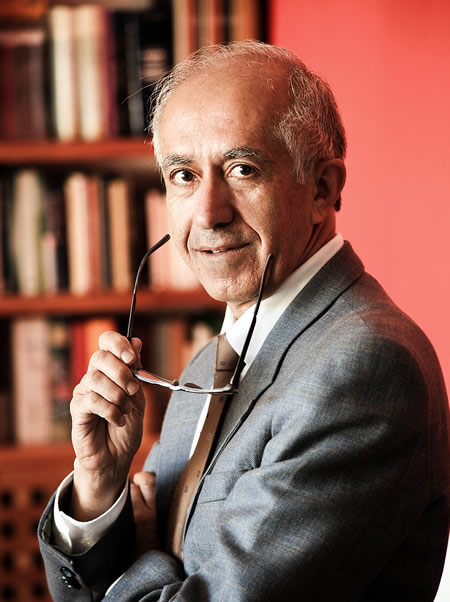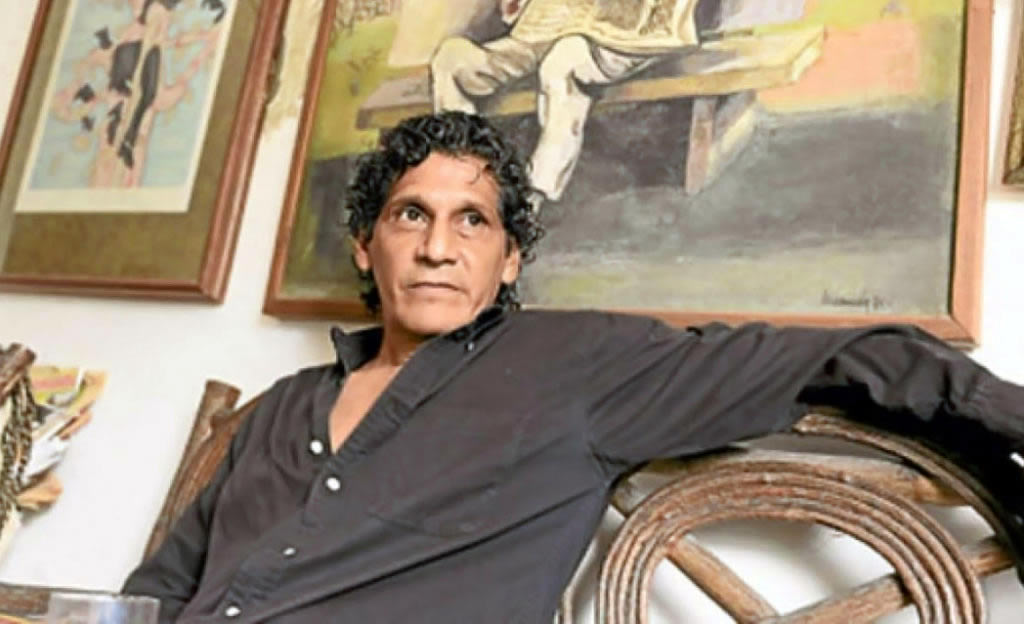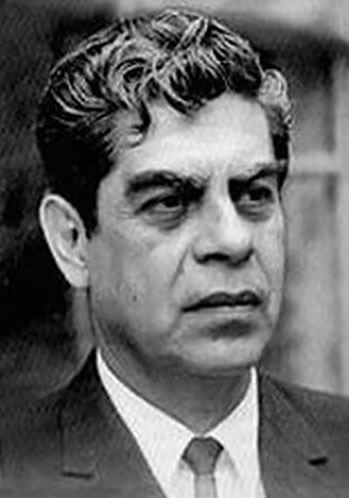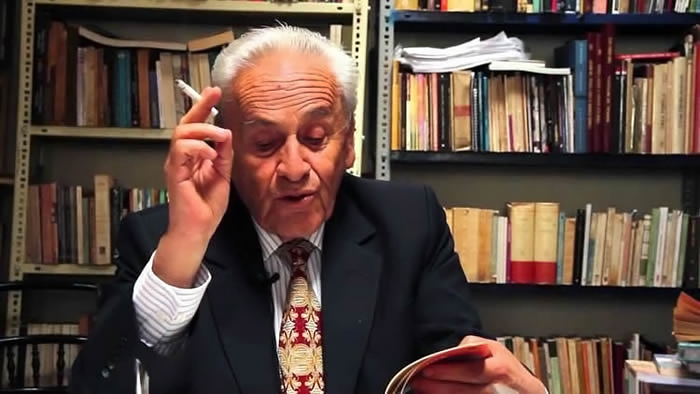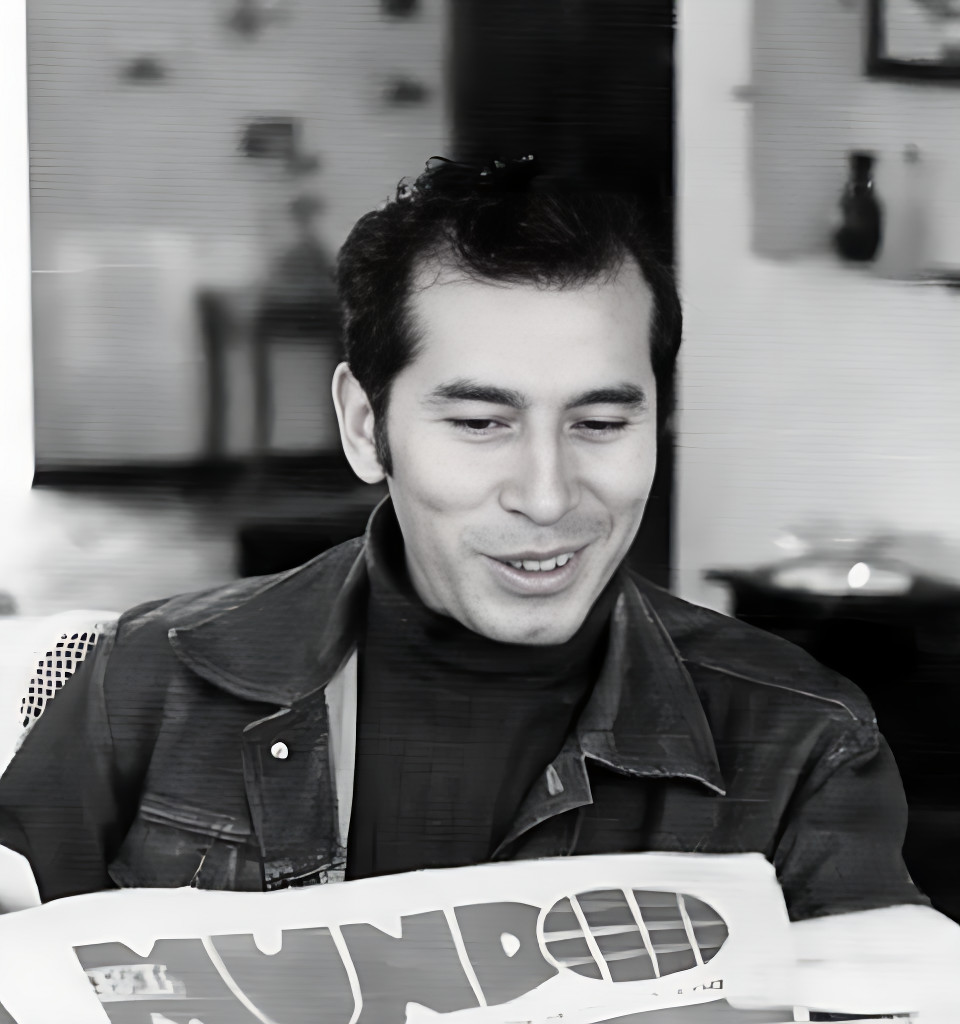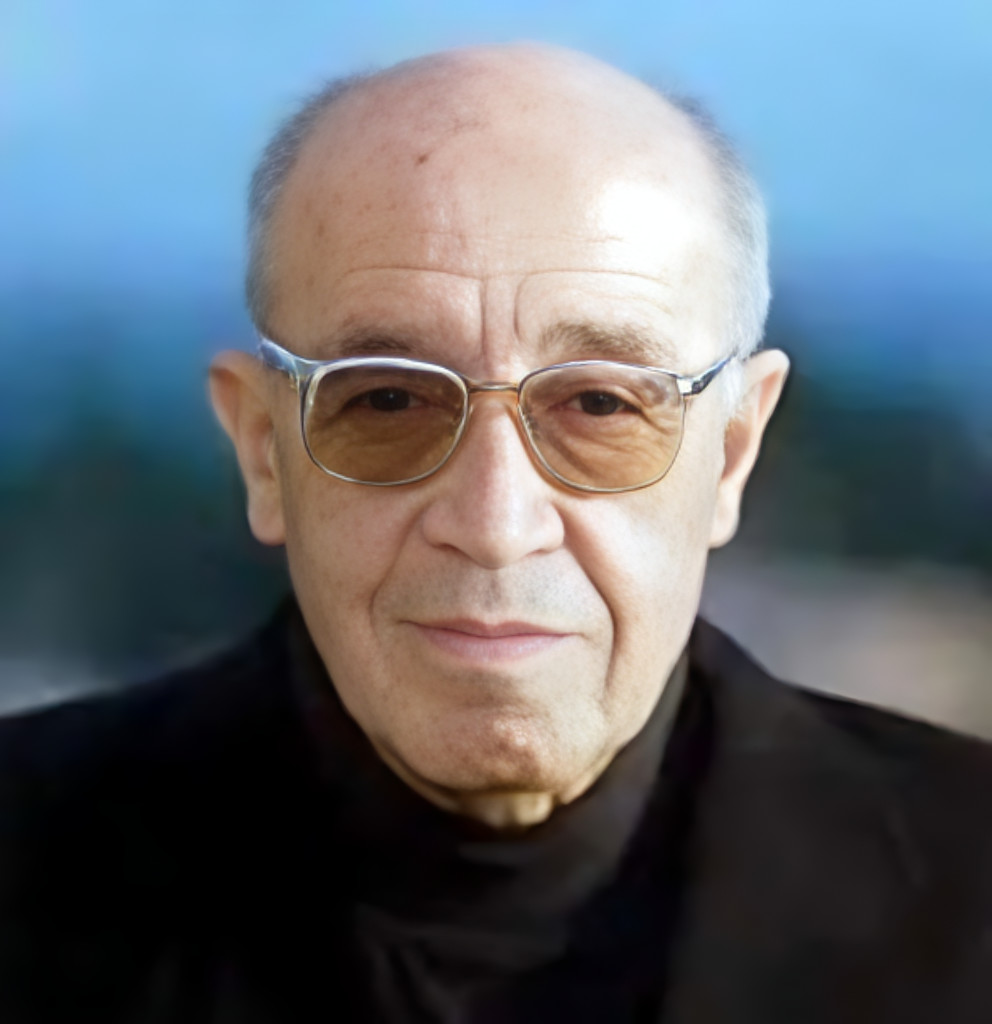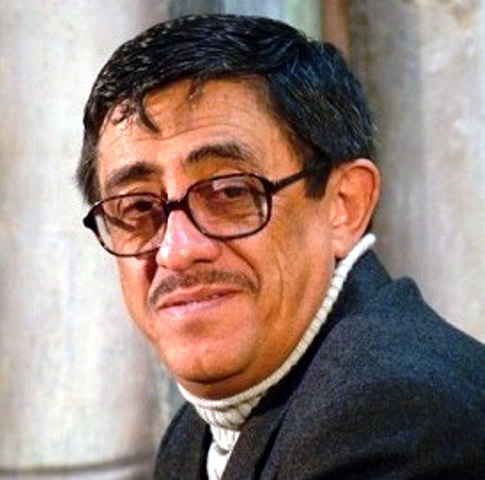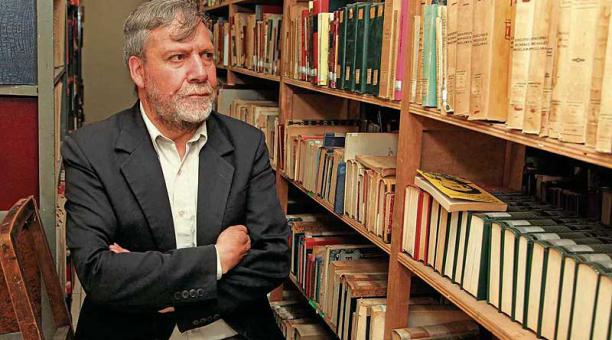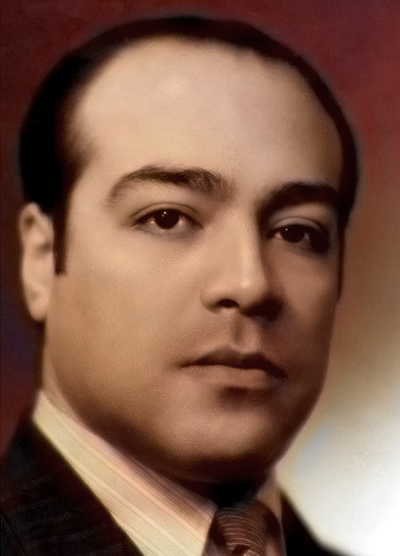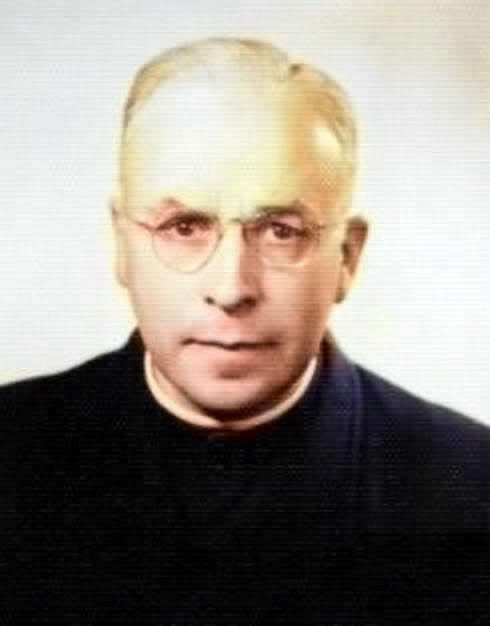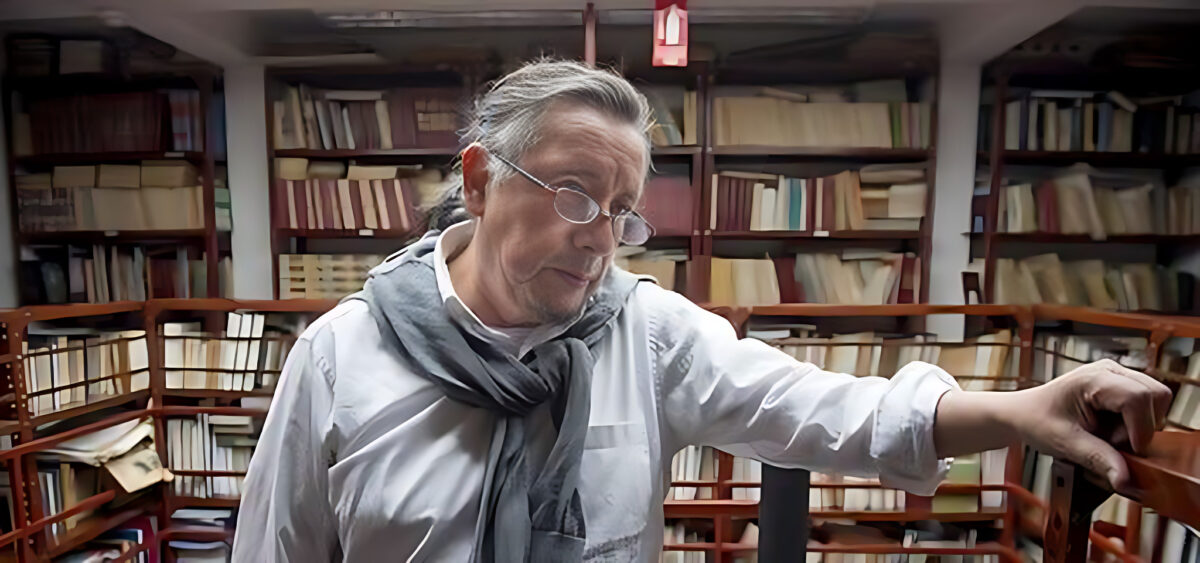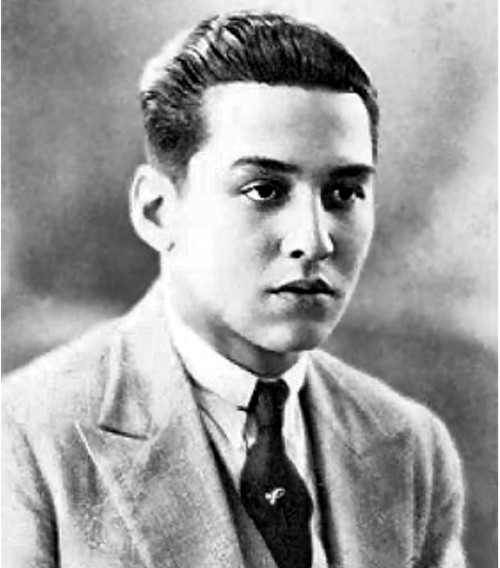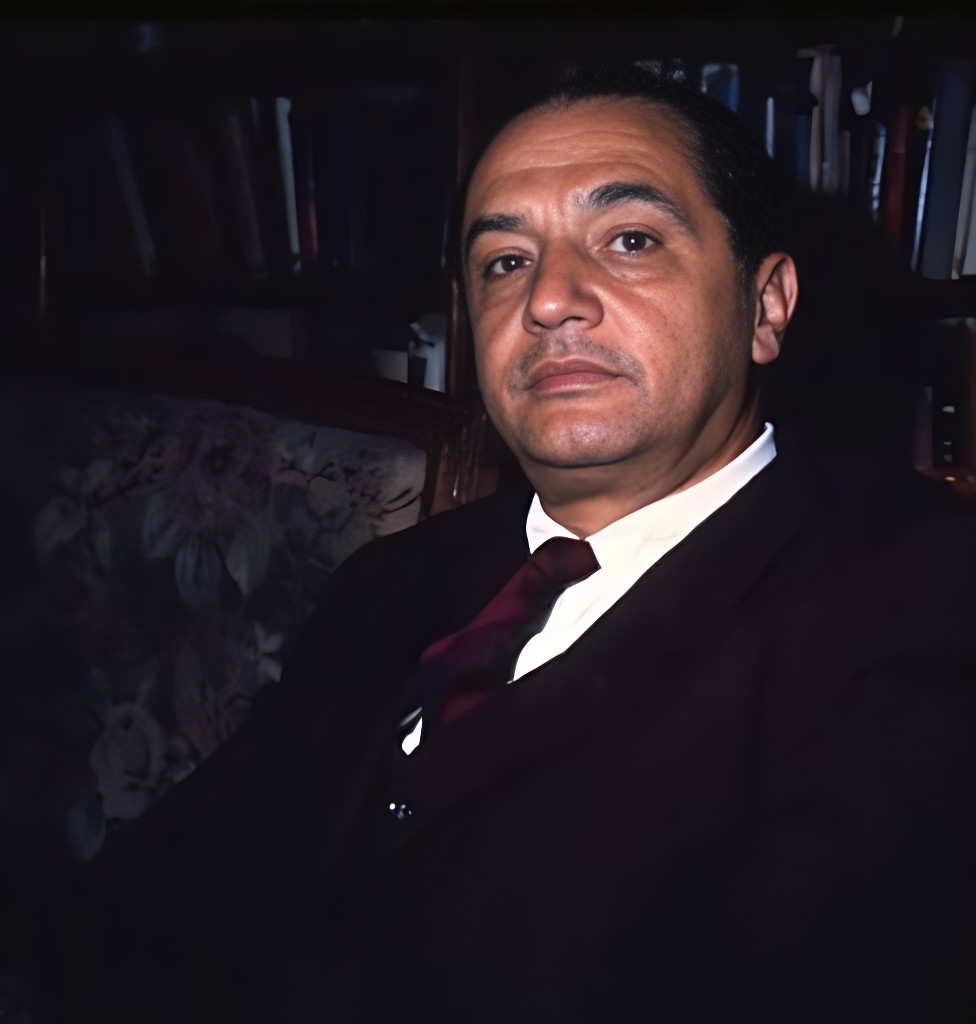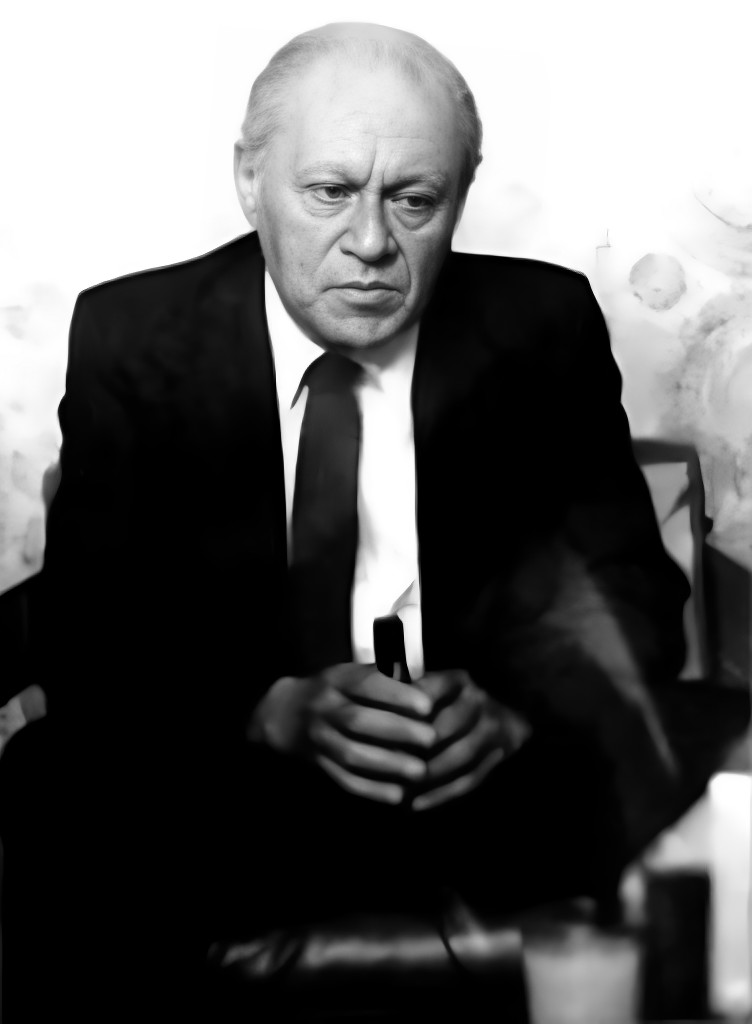Iván Carvajal Aguirre is a poet, writer and professor. He was born in 1948 in San Gabriel, Ecuador. In 1984 his work entitled Parajes earned the Aurelio Espinosa Pólit Prize. In 2013 he won the Premio a las Libertades Juan Montalvo. He was part of the Tzantzismo literary movement of the 1960s Ecuador. He lives in Quito and is a Professor at the Pontifical Catholic University of Ecuador.
Continue reading “Iván Carvajal”Category: 20th Century Writers
Jorge Martillo
Jorge Martillo Monserrate is an award-winning poet and has been a columnist for various newspapers. He was born on May 2, 1957 in Guayaquil, Ecuador. He has published the poetry books: Aviso a los navegantes (1987); Fragmentarium (1991); Confesiorarium (1996) and Vida póstuma (1997). He was awarded the Aurelio Espinosa Pólit Prize (1991).
Continue reading “Jorge Martillo”Enrique Gil Gilbert
Enrique Gil Gilbert (Guayaquil, July 8, 1912 – Ibidem, February, 21, 1973) was an Ecuadorian novelist, short story writer, nonfiction writer, politician and teacher. He was the youngest member of the “Guayaquil Group,” a group of realist writers of the 1930s Ecuador. At only eighteen years of age he co-wrote “Los que se van, cuentos del cholo y del motuvio“ (1930) with Demetrio Aguilera Malta and Joaquín Gallegos Lara – a book of short stories which marked the beginning of literary realism in Ecuador. His most famous work is his only novel, “Nuestro pan” (1942), which was translated into English in 1943 as “Our Daily Bread.” His other noteworthy story collections include: “Yunga,” “Relatos de Emanuel” [Tales of Emanuel], and “La cabeza de un niño en un tacho de basura” [The Head of a Child in a Trash Can].
Continue reading “Enrique Gil Gilbert”Julio Pazos Barrera
Julio Pazos Barrera is a poet, writer, teacher, and cook. He was born in Baños, Ecuador on August 19, 1944. In 1979, Pazos’ poetry book La ciudad de las visiones was awarded the Aurelio Espinosa Pólit Prize. In 1982, his book Levantamiento del país con textos libres was awarded Latin America’s most prestigious literary award, the Casa de las Américas Prize (Havana, Cuba). Pazos is the editor-in-chief of the magazine Letras del Ecuador published by the Ecuadorian House of Culture. He is a member of the Ecuadorian Academy of Language. In 2010, Pazos was awarded Ecuador’s top literary prize Premio Eugenio Espejo by President Rafael Correa.
Continue reading “Julio Pazos Barrera”Carlos Benavides Vega
Carlos Benavides Vega, pseudonym: Álvaro San Félix (Guayaquil, March 9, 1931 – Quito, September 29, 1999) was an Ecuadorian poet, actor and playwright. He was a member of Club 7, a Guayaquil-based poets’ group founded in the 1950s. In 1954, Benavides was among one of five members who together published a poetry collection titled “Club 7.” He was a pioneer of historical drama, authoring the plays, “La herida de Dios” (1978; winner of the Aurelio Espinosa Pólit Prize) about Gabriel Garcia Moreno, “Espejo, elias Chushig” (1979), and “Caudillos en llamas” (1980). He also co-wrote “Una loca Estrella,” a historical play about Manuelita Sáenz, with Pedro Saad Herrería.
Continue reading “Carlos Benavides Vega”Marco Vinicio Rueda
Father Marco Vinicio Rueda Gomezjurado was a Jesuit priest, philosopher, anthropologist, writer, educator. He was born in Quito, Ecuador on August 12, 1914 and died in the same city on March 13, 2005. Rueda was an exponent of Zen in Ecuador. Rueda’s most notable books are concerned with philosophy, anthropology and Zen.
Continue reading “Marco Vinicio Rueda”Jorge Dávila Vázquez
Jorge Dávila Vázquez is a writer, professor and film critic. Dávila Vázquez was born on February 14, 1947 in Cuenca, Ecuador. Dávila Vázquez has written novels, plays, short stories, poetry and nonfiction. He is a two-time recipient of the prestigious Aurelio Espinosa Pólit Prize, for his experimental novel María Joaquina en la vida y en la muerte (1976), and for his short story collection Este mundo es el camino (1980). His short story book El libro de los sueños (2001) won the Joaquín Gallegos Lara Prize. In 2016, Dávila was awarded Ecuador’s top literary prize, the Eugenio Espejo Award.
Continue reading “Jorge Dávila Vázquez”Eliécer Cárdenas
Eliécer Cárdenas Espinosa (Cañar, December 10, 1950 – Cuenca, September 26, 2021) was a renowned Ecuadorian novelist, playwright, short story writer, and journalist. Best known for his novel Polvo y ceniza (1979), which remains the best-selling novel in Ecuadorian history, Cárdenas’s works often focused on social justice, indigenous struggles, and the working-class experience in Ecuador. His prolific career included over 20 books across multiple genres, with notable accolades such as the House of Ecuadorian Culture Prize for Polvo y ceniza and the Aurelio Espinosa Pólit Prize for his play Morir en Vilcabamba. Cárdenas also served as editor-in-chief of El Tiempo newspaper in Cuenca and was a corresponding member of the Ecuadorian Academy of Language.
Continue reading “Eliécer Cárdenas”Jorge Carrera Andrade
Jorge Carrera Andrade (Quito, September 18, 1903 – Quito, November 7, 1978) was an Ecuadorian writer, poet, diplomat, and university professor. He was widely regarded as one of the most influential Latin American poets of the twentieth century both during his lifetime and after his death. Muna Lee’s critically-acclaimed translation of his poetry collection, Secret Country (1946), brought him to prominence in the United States. He lectured at Stony Brook University in the Department of Romance Languages in 1970-1972, he also guest lectured at Harvard University and Vassar College during this period. Most of his poetry has been translated into French, German, Russian and English.
Continue reading “Jorge Carrera Andrade”Aurelio Espinosa Pólit
Aurelio Espinosa Pólit (Quito, July 11, 1894 – Quito, January 21, 1961) was an Ecuadorian Jesuit priest, writer, poet, translator, literary critic, and university professor. He co-founded the Pontifical Catholic University of Ecuador and served as its first rector, making significant contributions to education in the country. Renowned for his translations of Latin poets Virgil and Horace, as well as Greek playwright Sophocles, into Spanish, he was a prolific writer who produced over 600 works in his lifetime. Espinosa Pólit also founded the Aurelio Espinosa Pólit Museum and Library in Quito, which became a cornerstone for Ecuadorian literary heritage. In recognition of his impact on literature and culture, the prestigious Aurelio Espinosa Pólit Prize for Literature was named in his honor.
Continue reading “Aurelio Espinosa Pólit”Huilo Ruales
Huilo Ruales Hualca (Ibarra, Ecuador, March 25, 1947) is a prominent Ecuadorian writer whose work spans multiple genres, including novels, short stories, poetry, theater, and chronicles. Known for his exploration of marginalized characters and social outcasts, Ruales’ gritty and poetic prose has garnered significant recognition, including the Premio Joaquín Gallegos Lara (1989) and the Premio Aurelio Espinosa Pólit (1994). His writing has been translated into several languages, and he currently resides in Paris, France.
Continue reading “Huilo Ruales”José de la Cuadra
José de la Cuadra Vargas (September 3, 1903 – February 27, 1941) is considered one of Ecuador’s greatest authors. De la Cuadra was a social realist novelist who wrote the short story La Tigra (1932) and the novel Los Sangurimas (1939). He was a part of the “Guayaquil Group,” a group of young social protest novelists from Guayaquil, Ecuador, in the 1930s, which included Enrique Gil Gilbert, Demetrio Aguilera Malta, Joaqun Gallegos Lara, and Alfredo Pareja Diezcanseco.
Continue reading “José de la Cuadra”Jorge Icaza
Jorge Icaza Coronel (Quito, June 10, 1906 – Ibidem, May 26, 1978) is indisputably the most renowned Ecuadorian author of the 20th century. His impactful storytelling, exemplified in critically acclaimed novels such as “Huasipungo” and “El Chulla Romero y Flores,” presented an unflinching portrayal of Ecuadorian societal conditions, particularly the trials of indigenous and mestizo communities. Icaza’s “Huasipungo,” which brought the issue of rural exploitation to the global stage, has been translated into more than 15 languages, including two English versions, signifying his far-reaching influence. His status as Ecuador’s literary giant is not just confined to his homeland; his work has significantly shaped Latin American literature. His later role as Ecuador’s ambassador to Russia further exemplifies his multifaceted contributions. Icaza’s legacy has transcended time; his work continues to inspire and influence, marking him as a towering figure in Ecuadorian and Latin American literature of the 20th century.
Continue reading “Jorge Icaza”Demetrio Aguilera Malta
Demetrio Aguilera Malta (Guayaquil, May 24, 1909 – Mexico, December 28, 1981) was a multi-talented artist and diplomat born on May 24, 1909, in Guayaquil, who excelled in various fields such as novel writing, short stories, painting, film making, and playwriting. He gained prominence with his book of short stories “Los que se van: cuentos del cholo y del montubio” in 1930, co-authored with Joaquín Gallegos Lara and Enrique Gil Gilbert. Some of his other noteworthy works include the novels “Don Goyo” (1933), “Seven Serpents and Seven Moons” (1970) which was translated into English by Gregory Rabassa, and “El secuestro del General” (1973). In 1981, he was awarded the Premio Eugenio Espejo, the highest literary honor in the country.
Continue reading “Demetrio Aguilera Malta”
